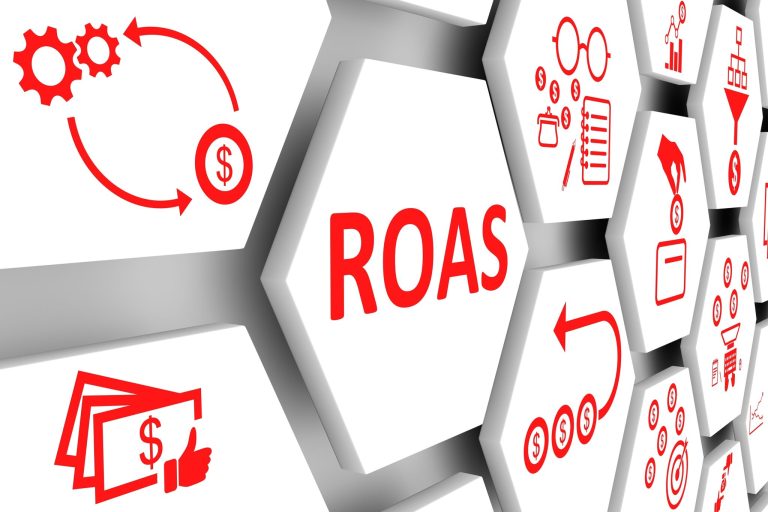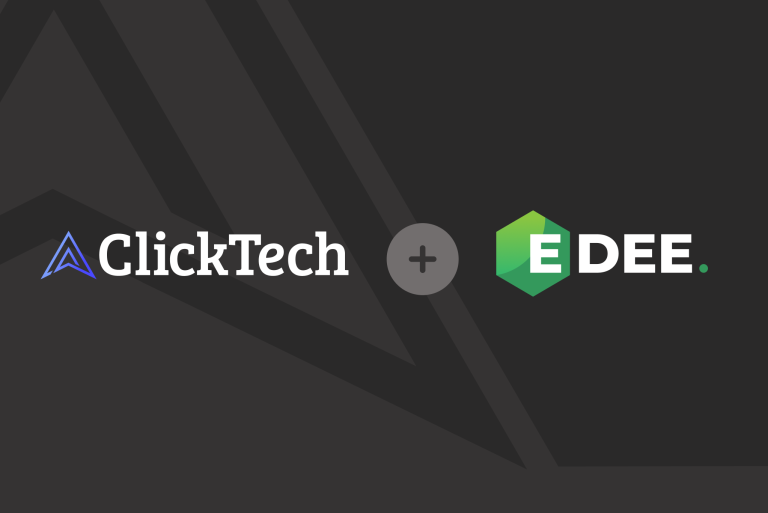Unless you’ve been living under a rock for a while, you’ll be aware that last month, Microsoft announced ChatGPTs integration with its Bing search engine, prompting a flurry of speculation, questions, and furious research on whether AI is going to take over the world. (Spoiler alert: probably not. Sorry, Elon.)
As with many technological developments (voice search, augmented reality) there’s a lot of sensationalist chatter and spurious guesswork going on regarding ChatGPT. If you prefer your chatter pragmatic, and your guesswork educated, then read on as we dig into what ChatGPT really means for Microsoft, for advertisers, and beyond.
What is ChatGPT?
ChatGPT is a natural language processing tool (NLP) which can converse in a human-like manner and provide answers to questions. This is achieved by feeding the model (the program or algorithm) a large and varied data set used for ‘training’, allowing the model to identify patterns in the data in order to identify appropriate responses such as predictions, or answers to questions. This is a bit like teaching a child how to think and speak via a spreadsheet (developers, I am so sorry for this oversimplification), although thankfully AI doesn’t scream at you and throw toys around when it gets bored of language lessons.
Why is everyone talking about it?
Artificial Intelligence (AI) has been around since 1955 when the first AI program, Logic Theorist, was created, so is not a new concept in and of itself. There has however been a recent acceleration in AI development, driven by lots of different factors including increased computing power, economical conditions (using AI to complete tasks faster thus saving money), and a need to respond to evolving user behaviours (us consumers are getting very demanding now we’ve all got tiny computers in our pockets). AI has been used for chatbots and similar single-purpose functions for a while now, however Bing’s ChatGPT integration is a huge step forward from siloed (and often B2B) AI functions.
How does this change Microsoft Bing?
‘The new Bing’ allows users to place queries in a range of formats, from questions (‘Why is the sky blue?’) to instructions (‘Help me build a workout program’ or ‘Write me a story about a dragon’). Instead of entering a string of keywords to receive a list of similar-but-different helpful resources, Bing now provides extensive responses pulled from multiple sources. When a question is posed to ChatGPT, the response you can expect is similar to an email reply you might receive from a friend or colleague after asking for help; a big change from the list of meta descriptions and website links we’ve become used to. (Whilst there is a waiting list for the new Bing in-browser, the new functionality is already live across the Bing, Edge, and Skype mobile apps so you can see for yourself by downloading one of these.)
Should I change my marketing strategy because of ChatGPT?
As mentioned above, AI technology has developed rapidly over the past few years, which means that whilst models such as ChatGPT are becoming more widely available, there’s not yet any publicly available data to demonstrate how users are interacting with the tool, and for what purpose. Whilst there’s (quite rightly) plenty of buzz around ChatGPT right now, its creation has not yet had an impact on user behaviour, and so it would be difficult to identify how your strategy might need to change in response to its existence. For this reason, it is not necessary to make changes to your marketing strategy or approach.
Do I need to change my paid search campaigns?
As ChatGPT is still in the very early stages of public release as part of the new Bing, we are not yet at the stage where we would see correlating parameters or formats within the Microsoft Ads platform (as it’s important to figure out how the thing works before trying to build related advertising products!). For this reason, no new formats, reports, metrics, buying models, campaign types, or anything else will appear within your Ads account in response to ChatGPT until the model has existed in the wild for a while. Relax.
Okay, so what might happen?
Whilst ChatGPT-specific features are not yet available, there are a few developments that, based on tech developments of the past and their respective impacts, we could expect in the wake of the launch of the new Bing.
Firstly, Microsoft query volumes are likely to increase as search engine users flock to use ChatGPT functions. This will be important to Microsoft Ads advertisers who could see traffic volumes increasing as a higher number of queries are placed through the Bing search engine. Those switching to the new Bing for ChatGPT functionality are likely to be tech-savvy early adopters, which could further diversify Microsoft Bing’s user demographic stats given the sudden influx of AI fans.
As with the release of smartphones and the rise of voice search, we should also expect to see a shift in how search queries are placed. As mentioned above, ChatGPT encourages a range of query structures outside of keywords and questions. This can cause a knock-on effect on user behaviour on other search engines (or platforms with search functions), as users adapt their vernacular and search behaviour to the model. (I will never ever forget finding, in a search terms report for a locksmith client, the query, ‘help, I have locked my keys in my Mazda what do I do’. I’m willing to bet money on the fact that this wasn’t a typed query…)
So we can’t do anything to prepare?
If you’re a ‘failure to prepare is preparation to fail’ kind of person, here are some small steps you can take to be as prepared as humanly (or robotically) possible for the potential impact of ChatGPT:
- Given the potential increase in query volume and shift of user demographic, if you’re going to jump on the Microsoft Ads bandwagon, better sooner rather than later. This way your campaign can start gathering data and history in the platform so you’ve got the insights you need when the new Bing is fully rolled out.
- You may wish to test slightly looser match types or keyword strategies given the nature of ChatGPT queries. If your current keyword list is focussed on exact match series’ of keywords (E.g. ‘forklift truck training weekday’), consider testing colloquial variations of this query (E.g. ‘how do I become a qualified forklift truck driver’)
- Microsoft Ads creatives are eligible to appear within ChatGPT responses, however due to ChatGPTs current coverage, advertisers with MSN excluded as a placement will not be eligible to serve an ad within this unit. If you want your ad to be eligible for ChatGPT inclusion right now, make sure you don’t have Microsoft domains such as MSN excluded from your campaigns.
In summary, yes ChatPGT is very exciting, and yes – it’s already a real thing that you can test, play with and write blogs about, but you don’t need to stress about the implications of ChatGPT reporting quite yet.




